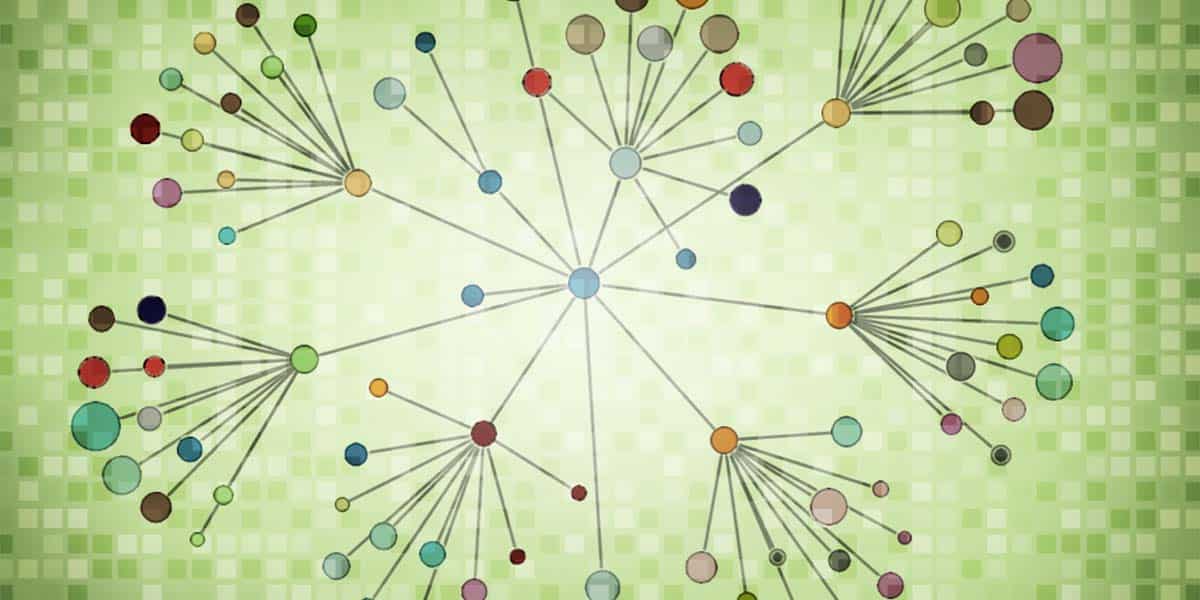The production of scientific knowledge is based on a network of collective experiences and collaborations that transcend borders. However, the increasing influence of large publishers and digital platforms raises serious concerns about access to knowledge and the suppression of crucial information. In an increasingly interconnected world, the monopoly of these entities over research deemed vital imposes fees that represent additional burdens for academics, who largely perform their work voluntarily.
Open access alternatives, such as the Diamond model, offer a glimmer of hope, but simply eliminating traditional publishers is not enough. The “platformization” of the research process has led to new intermediaries coming between researchers and their own publications, which in turn affects the privacy and intellectual freedom of academics. This new trend has raised concerns over arbitrary metrics that often fail to reflect the true quality of research, forcing academics to adapt to standards that may not serve their interests.
Censorship of knowledge is further accentuated at a time when governments seek to restrict the flow of information, backed by social platforms that limit the dissemination of research. To counteract this phenomenon, promoting Open Science and its decentralization emerges as a key solution. The infrastructure surrounding research must be designed to withstand the influence of corporate and governmental interests, thereby ensuring equitable access to knowledge.
Academic institutions play a crucial role in this transformation, as they can encourage the use of technologies that facilitate open interaction among academics, such as Mastodon and Bluesky. This support for more democratic initiatives helps strengthen the foundations of science in the face of the challenges posed by the digital age.
It is essential for academics and institutions to adopt tools that prioritize collaboration and openness in data management and citation practices. While research teams can begin implementing these changes immediately, real impact requires investment in technologies that prioritize community well-being over commercial interests.
Centralization in the knowledge infrastructure threatens to turn guardians of science into barriers to access and equity. An unequal system not only hinders access to knowledge but also limits the capacity of science to thrive in a context of collaboration and equity. The future of scientific research depends on a collective commitment to a more democratic model that challenges centralized and predatory platforms.
Source: MiMub in Spanish
